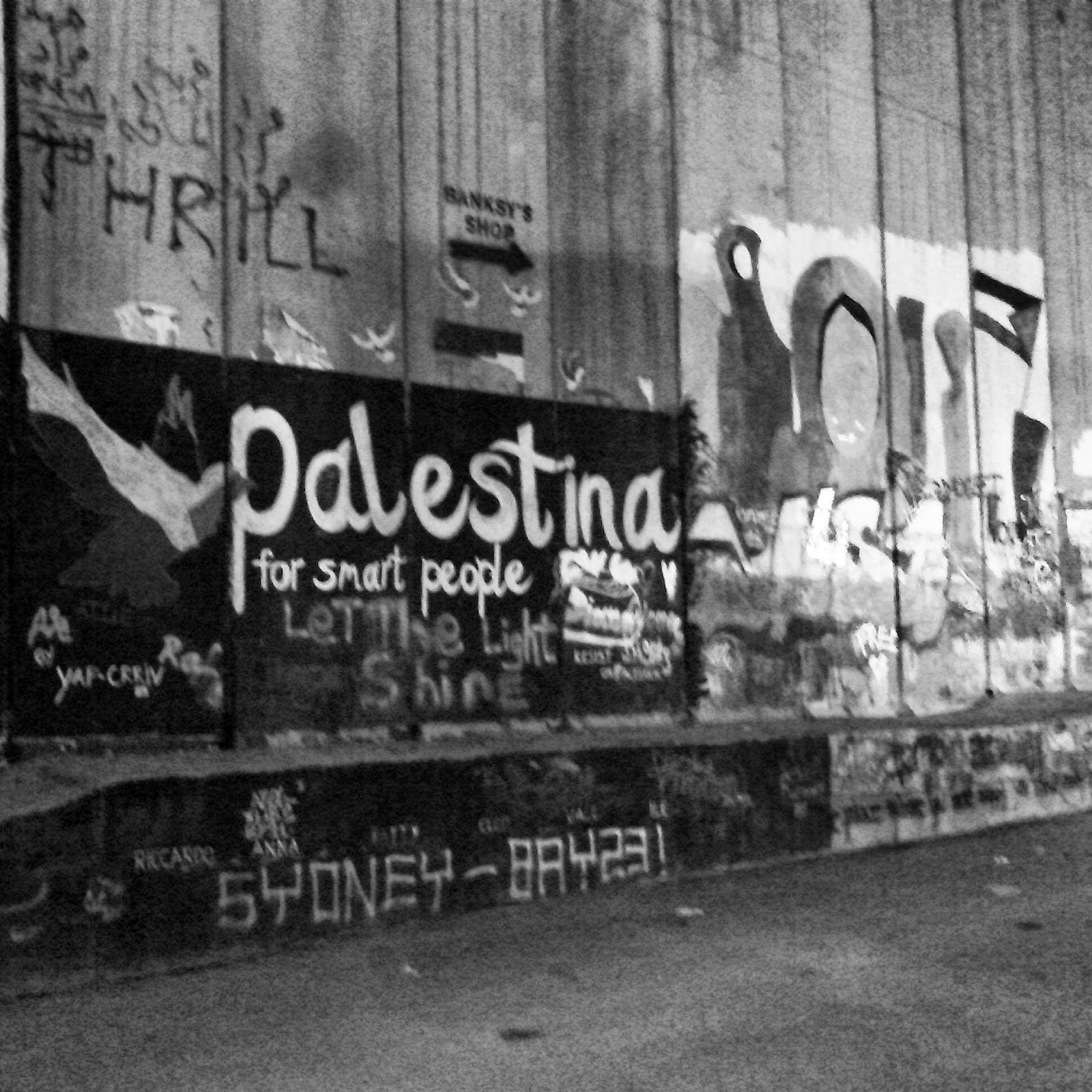Often hailed as the success
story of the Arab Spring, Tunisia’s democratic transition has encountered
many challenges since 2011 including political
assassinations, an attack
on the U.S embassy, violent mass
protests and terrorism, targeting government
security forces, the
military, civilians
and tourists. The latter in particular has received
attention as statistics show that the greatest numbers of foreign fighters in
Daesh or the Islamic State are Tunisians with over 6000
currently in Syria and Iraq and more than 5000 prevented from leaving Tunisia
to join. In addition, the Interior
Ministry estimates over 700
have returned to Tunisia, with hundreds more entering undetected via Libya. Though it cannot be said that all foreign
fighters are, or will become terrorists, a strategy vacuum for rehabilitation
and integration makes this more likely. (Byman
2015)
The United Nations Office on Drugs and
Crime has issued guidance for states on criminal justice responses to terrorism
through the publication of a handbook. Whilst acknowledging the need for change to
adapt to the specific challenges that terrorism presents through new
legislation, policy and procedures, it is absolute that this should not be at
the expense of fundamental human rights.
The absence of a definition of terrorism under international law has
enabled states such as Tunisia to create their own wide definitions, leading to
questionable practices such as the ‘mass arrest’ of more than 1000 individuals
in the aftermath of the Bardo and Sousse attacks in 2015.
The government’s response to the threat
of terrorism under the leadership of President Essebsi has been controversial,
from its prevention strategies to its law enforcement methods. As such, there have been numerous calls from
human rights groups about the need to respect basic rights in the pursuit of
security, and in the management and minimisation of terror. (Blank 2015)
Tunisians have been living under almost
constant State of Emergency conditions since the Sousse attack in 2015. Curfews have been imposed, large gatherings
prohibited and additional powers have been given to the government regarding
control of the media. The conviction that
‘curtailed civil liberties’ are fully restored once security has returned
becomes problematic when the status quo is emergency. (Posner 2016)
During the same period, a new
counterterrorism law was introduced which increased security services
monitoring and surveillance powers, extended the holding period for arrested
suspects from 6 days to 15, accepted closed courts and witness anonymity and
introduced the death penalty for attacks which resulted in death.
According to Amnesty
International in Tunisia 15,000 people have been affected by travel
restrictions; who have no access to the information regarding their ban and
therefore no
pathway to appeal the decision. Restrictions
on travel are seen as one of the key tools in preventing international
terrorism. (UNODC) Fighters who were
successful in overcoming travel restrictions pose a potential national security
threat on their return home as they are likely to be trained in using weapons
and to use violence locally and/or regionally as well as acting as recruiters.
(Byman 2015)
Religion is often cited as the
motivation of terrorists whilst neglecting the variety of other influencing
factors. (Crenshaw 2007) The main target
of the security services in Tunisia is the Salafist community, leading to
increased tensions between citizens and the government who feel their right to
religious freedom is being attacked.
(Byman 2015) High unemployment
rates, marginalisation of young people and in particular those living in poorer
rural areas of the country are all cited as influential factors in the rise of
extremism.
Research
shows that even after the revolution there remains a high level of public
mistrust of institutions, particularly the security services. It
would therefore be short-sighted of both legislators and policy makers to
exacerbate this through the unequivocal prioritisation of security before human
rights. History shows that religiously
motivated terror groups take considerably longer to end in comparison to other
kinds of groups. (Jones & Libicki
2008) Should Islamic State follow this trend, then Tunisia’s $255 million USD
budget for counterterrorism may be conservative. (Africa Research Bulletin 2016)



























